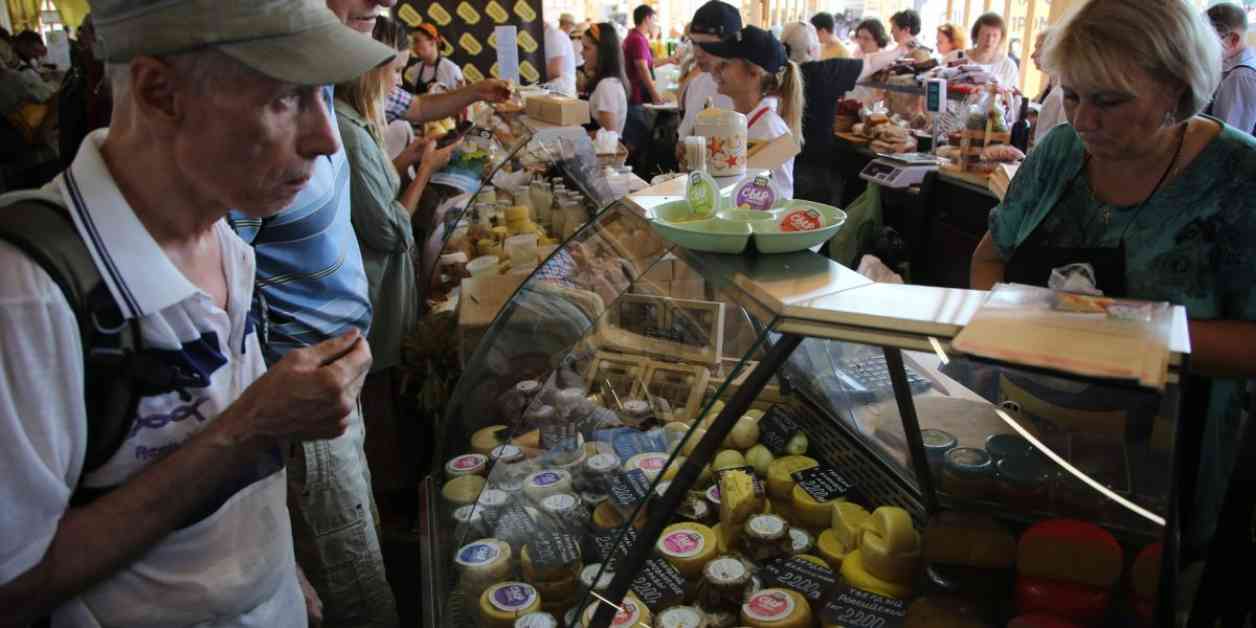Food prices in Russia are on the rise, causing concerns for President Vladimir Putin as he navigates the country’s military goals and domestic stability. Recent data from the Federal Statistics Service revealed significant increases in the prices of staple foods like potatoes and butter, with some products jumping by over 20%.
The impact of these price hikes is being felt by ordinary Russians like Tatyana from Kirov, who now spends a large portion of her pension on food. She has had to cut back on buying more expensive items and will have to forgo the traditional New Year’s red caviar dish due to budget constraints.
This surge in food prices is not a new issue for Russians, as complaints have been mounting since last year. The government is now under pressure to find solutions to rein in prices and ensure food security for its citizens. The Bank of Russia has already raised its key interest rate to a record high of 21% in an attempt to curb inflation, but further increases may be on the horizon.
Local reports from Kirov indicate that the situation is even worse than national statistics suggest, with basic food items like milk and bread doubling in price over the past year. Initiatives like a probe into milk producers and daily monitoring of the food market have been launched to address these challenges.
The ongoing war in Ukraine has exacerbated Russia’s food price crisis by diverting workers from the agricultural sector and disrupting supply chains. This has led to labor shortages, affecting harvests and domestic production capabilities. The country has had to rely on imports from countries like Turkey and the United Arab Emirates to meet demand.
Efforts to stabilize food prices have included calls for producers and retailers to reduce prices on certain goods. However, experts warn that using forceful measures may only provide temporary relief and that a more sustainable solution is needed to address the root causes of the issue.
As the government grapples with rising food prices and economic challenges, it remains to be seen how effective its interventions will be in alleviating the burden on ordinary Russians like Tatyana. In the meantime, the Kremlin must strike a delicate balance between its military priorities and the well-being of its citizens in the face of these economic pressures.
